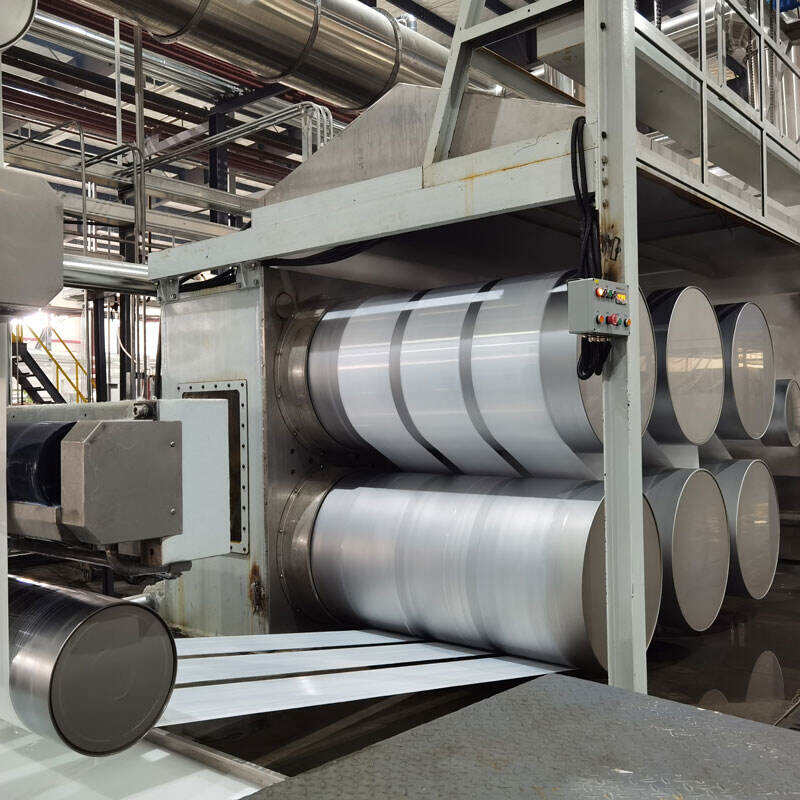सॉफ्ट जेम | पुनर्जीवित बोतल से फाइबर उत्पादन लाइन के समाधान
सॉफ्ट जेम पुनः उपयोग की बोतल से फाइबर उत्पादन लाइन समाधानों को प्रदान करने में विशेषज्ञता रखती है, इंजीनियरिंग डिजाइन, उपकरण निर्माण और डिजिटल एकीकरण को मिलाकर। एक विश्वसनीय स्रोत निर्माता के रूप में, हम 2 से 200 टन प्रति दिन की क्षमता वाले पैमाने पर व्यवस्थित प्रणालियाँ प्रदान करते हैं, पॉलीएस्टर स्टेपल फाइबर, 3D खोखले संयुक्त PET और PLA बायोडिग्रेडेबल फाइबर जैसी अनुप्रयोगों को कवर करते हैं। हमारी सेवाएँ पूर्ण परियोजना योजना, गुणवत्ता नियंत्रण और बाद-बचत समर्थन शामिल हैं ताकि अविच्छिन्न संचालन सुनिश्चित हो। एक पेशेवर R&D टीम और 30,000㎡ बुद्धिमान निर्माण केंद्र के साथ, हम सustainability और कुशलता को प्राथमिकता देते हैं, ग्राहकों की मदद करके पुनः उपयोग की बोतलों को उच्च-प्रदर्शन फाइबर में बदलते हैं। आज ही कम प्रतिस्पर्धी कीमतों और आपके उत्पादन लक्ष्यों के साथ जुड़ने वाले नवाचारपूर्ण समाधानों के लिए एक अनुमान प्राप्त करें।
एक कोटेशन प्राप्त करें
